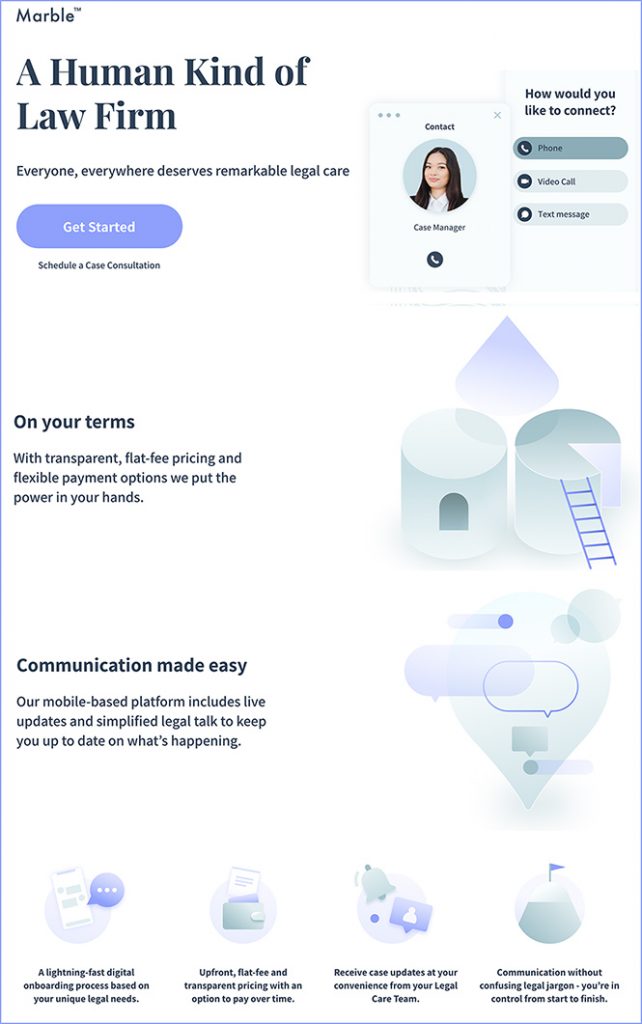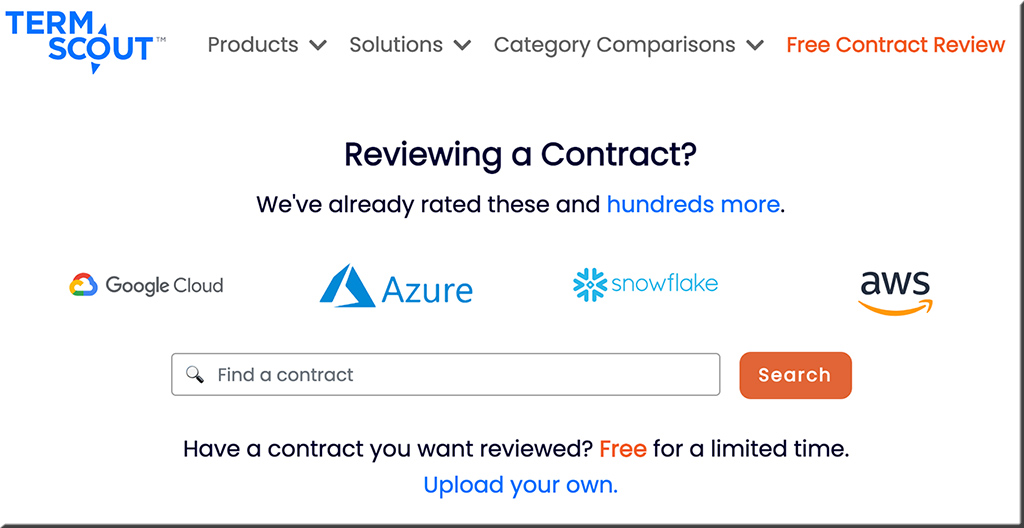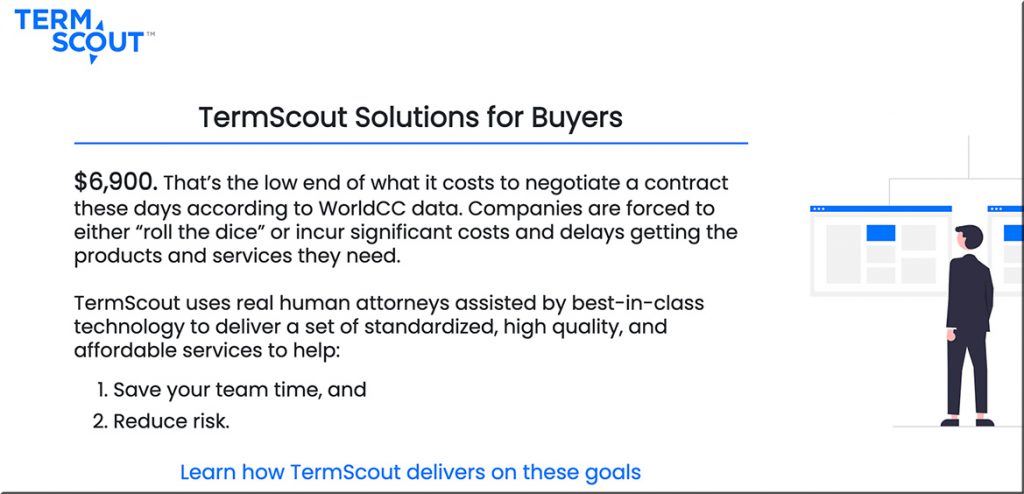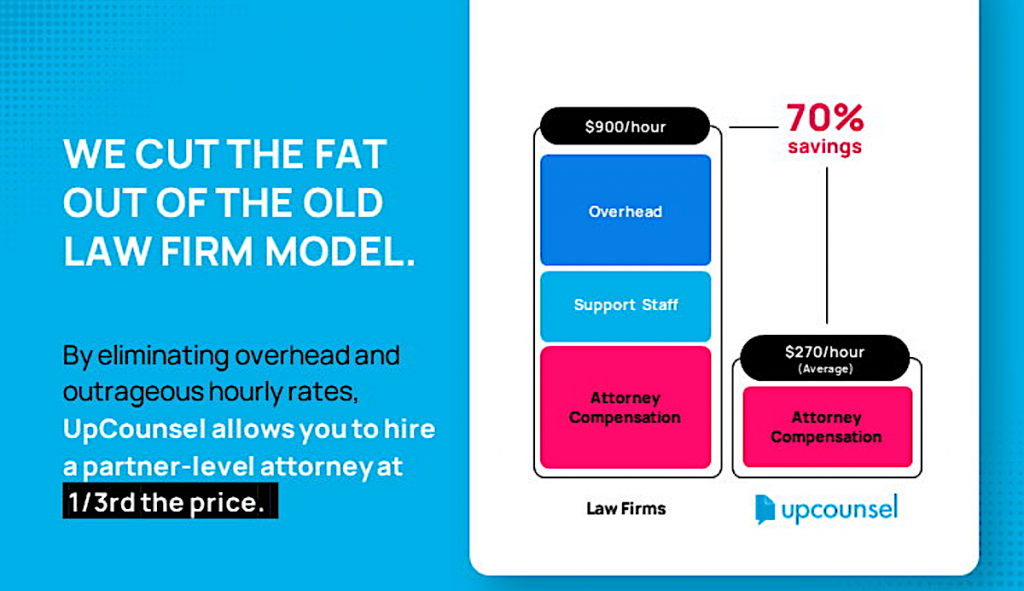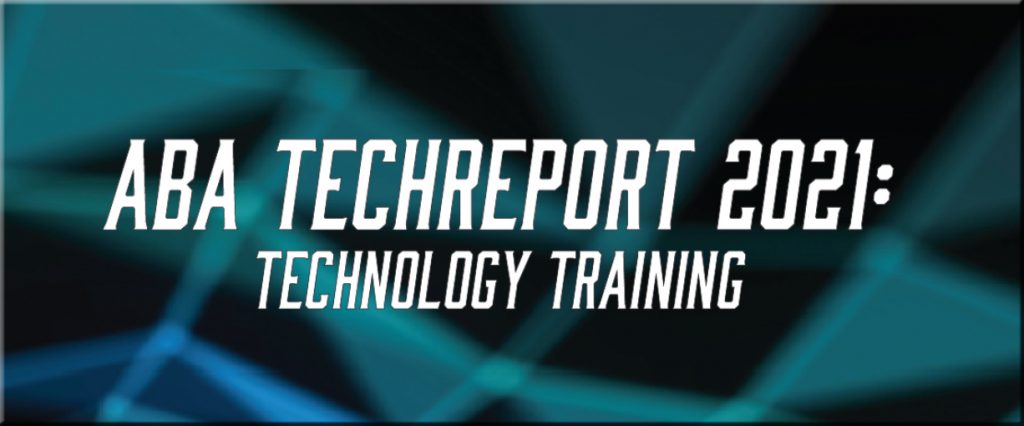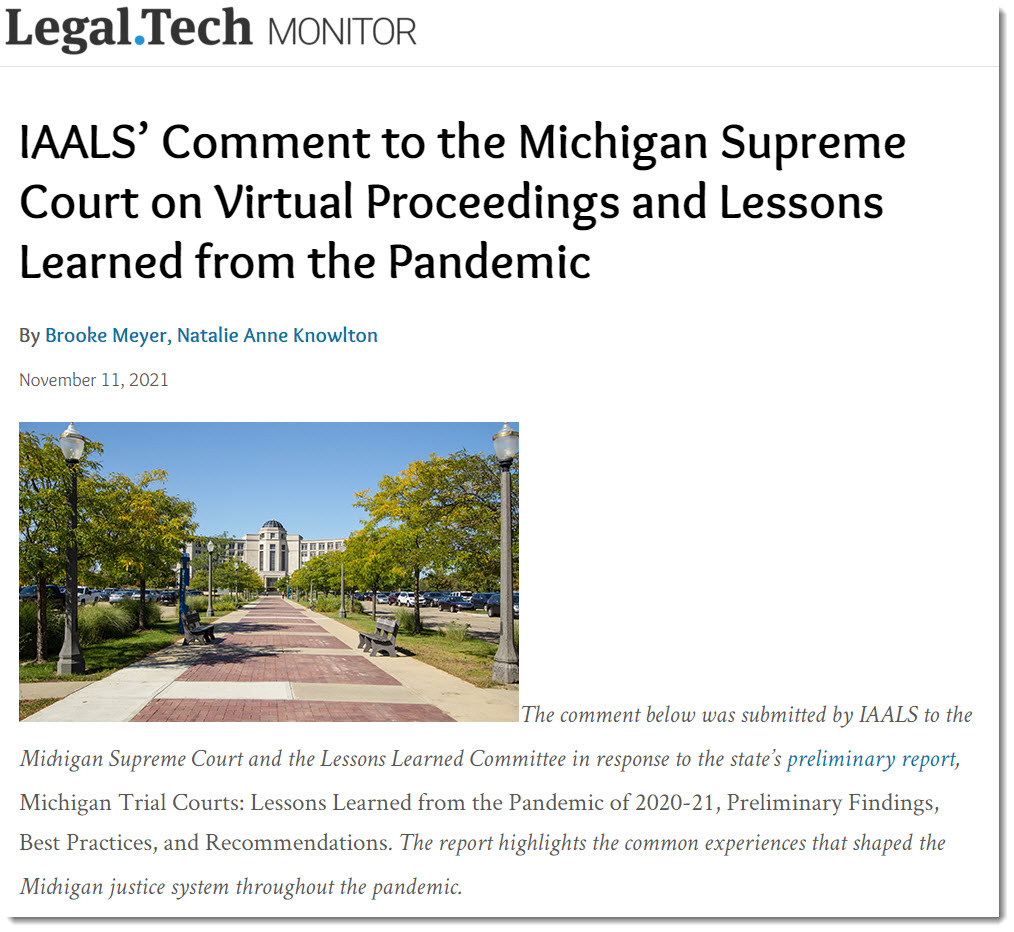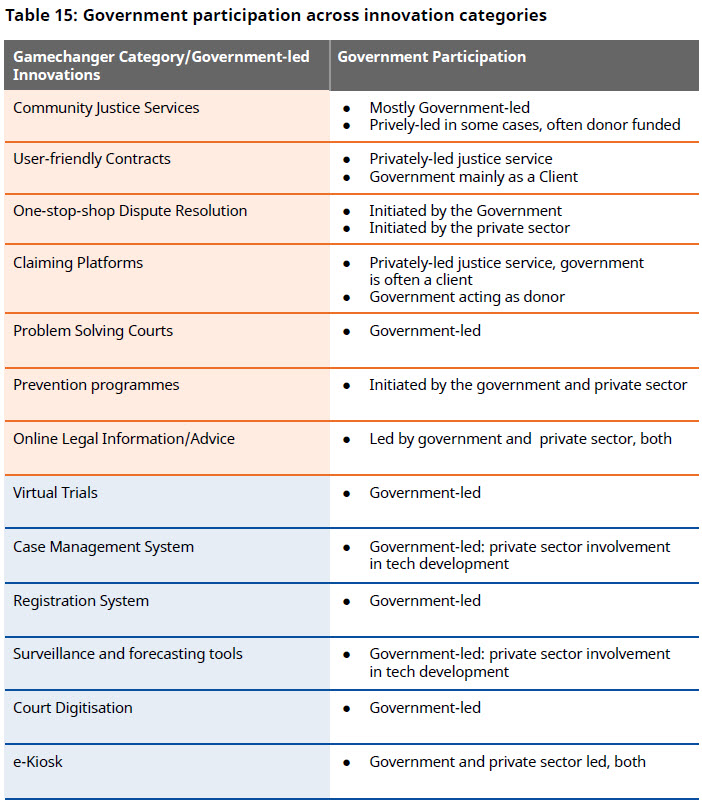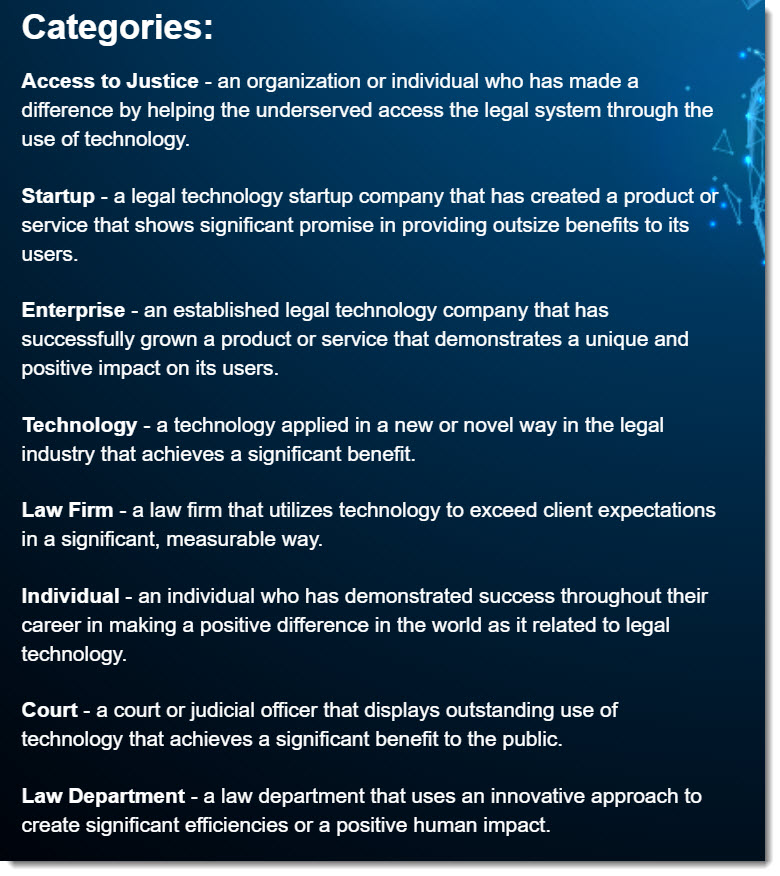From DSC:
The following items are from a recent presentation by Zach Abramowitz entitled “Legal Disruption: Key Trends to Watch in 2022.” By the way, you can sign up for Zach’s legal newsletter at zachabramowitz.substack.com/
Darrow raises $20 million to uncover corporate legal violations and bring justice to all — from calcalistech.com by Meir Orbach
The Israeli startup is focused on locating violations that have caused damage to millions of people on average – the threshold for a potential class-action lawsuit
Excerpt:
Darrow has developed a machine learning-based platform which discovers legal violations by some of the biggest corporations in the world. Operating chiefly in the U.S., the company is focused on locating violations that have caused damage to millions of people on average – the threshold for a potential class-action lawsuit.









